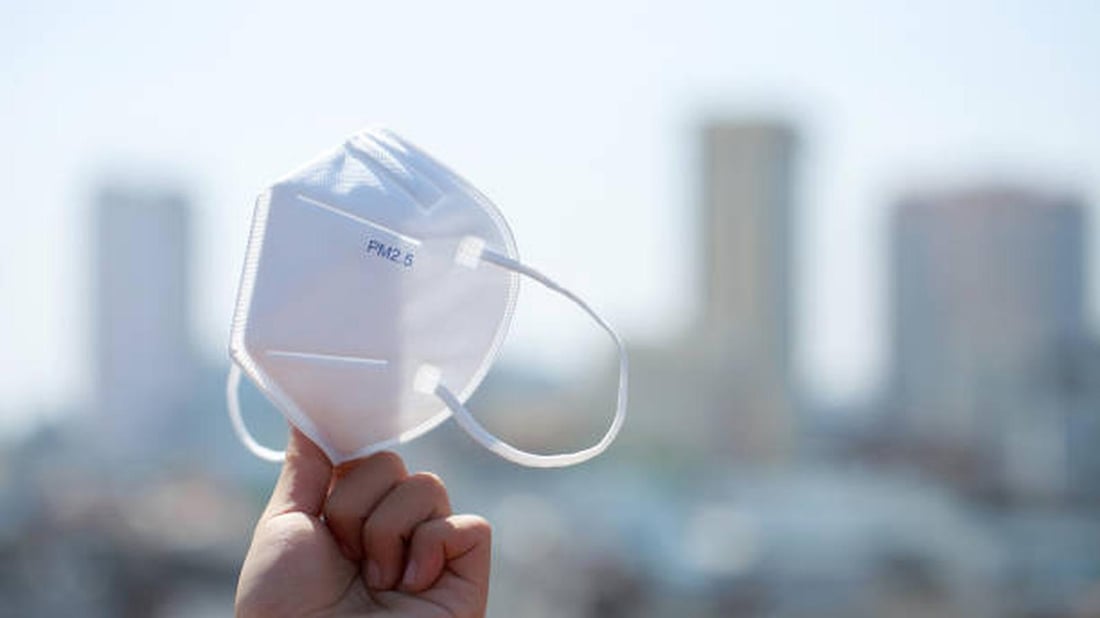Introduction: In the current global health crisis, it is crucial to take every precaution to protect ourselves and others from the transmission of viruses and bacteria. One effective measure that has gained significant attention is the use of non-medical face masks. These masks provide a barrier that helps to reduce the spread of respiratory droplets, which are the primary mode of transmission for many airborne illnesses.
Importance of Non-Medical Face Masks
Non-medical face masks, also known as cloth masks or fabric masks, serve as a simple yet effective tool for minimizing the risk of infection. While they may not offer the same level of protection as medical-grade masks, they still play a crucial role in slowing down the transmission of viruses and protecting vulnerable individuals.
Benefits of Non-Medical Face Masks
1. Protection: Non-medical face masks create a physical barrier that helps to prevent respiratory droplets from entering the air and reaching others. This is particularly important for asymptomatic individuals who may unknowingly be carrying the virus.
2. Community Health: Wearing non-medical face masks is a collective effort to prioritize community health. By wearing a mask, you are not only protecting yourself but also demonstrating care and respect for the well-being of those around you.
3. Versatility: Non-medical face masks come in various designs, styles, and sizes, allowing individuals to choose options that suit their preferences and personal style. This makes wearing a mask more comfortable and encourages its regular use.
Proper Usage and Care
While non-medical face masks are beneficial, it is essential to use and care for them correctly to maximize their effectiveness:
1. Fit: Ensure that the mask fits snugly over your nose, mouth, and chin, without any gaps. A proper fit is crucial for minimizing the entry and exit of respiratory droplets.
2. Cleanliness: Regularly wash your cloth mask with soap and water or follow the manufacturer's instructions for cleaning. This helps to remove any trapped particles and maintain its hygiene.
3. Handling: Avoid touching the front of the mask while wearing it. If you need to readjust or remove it, use the ear loops or ties.
Conclusion
Non-medical face masks are a vital tool in the fight against the spread of viruses and bacteria. By wearing a mask, you contribute to the collective effort of protecting yourself and others. Remember to choose a mask that fits well, clean it regularly, and handle it properly. Together, we can create a safer and healthier environment for everyone.

